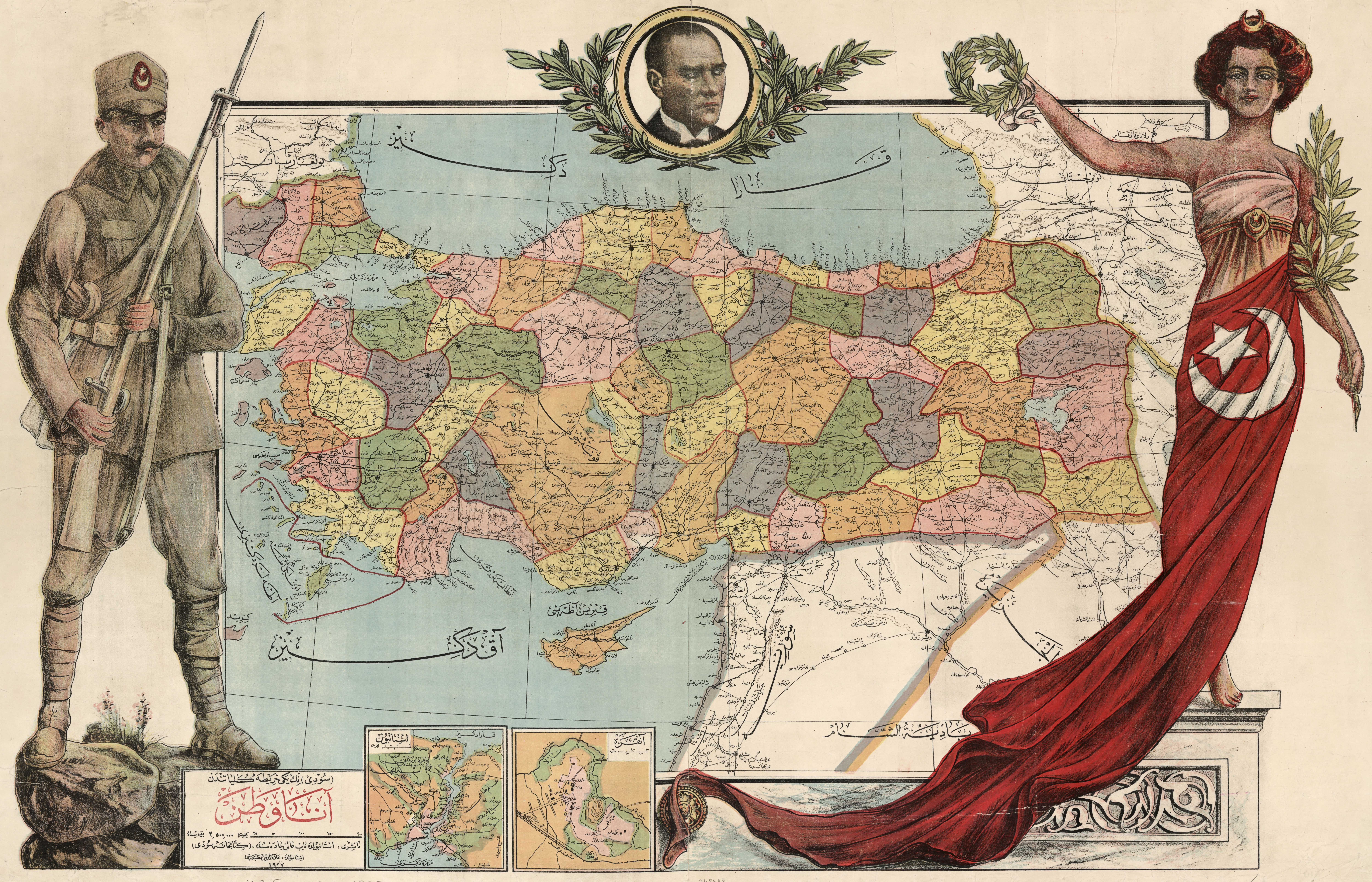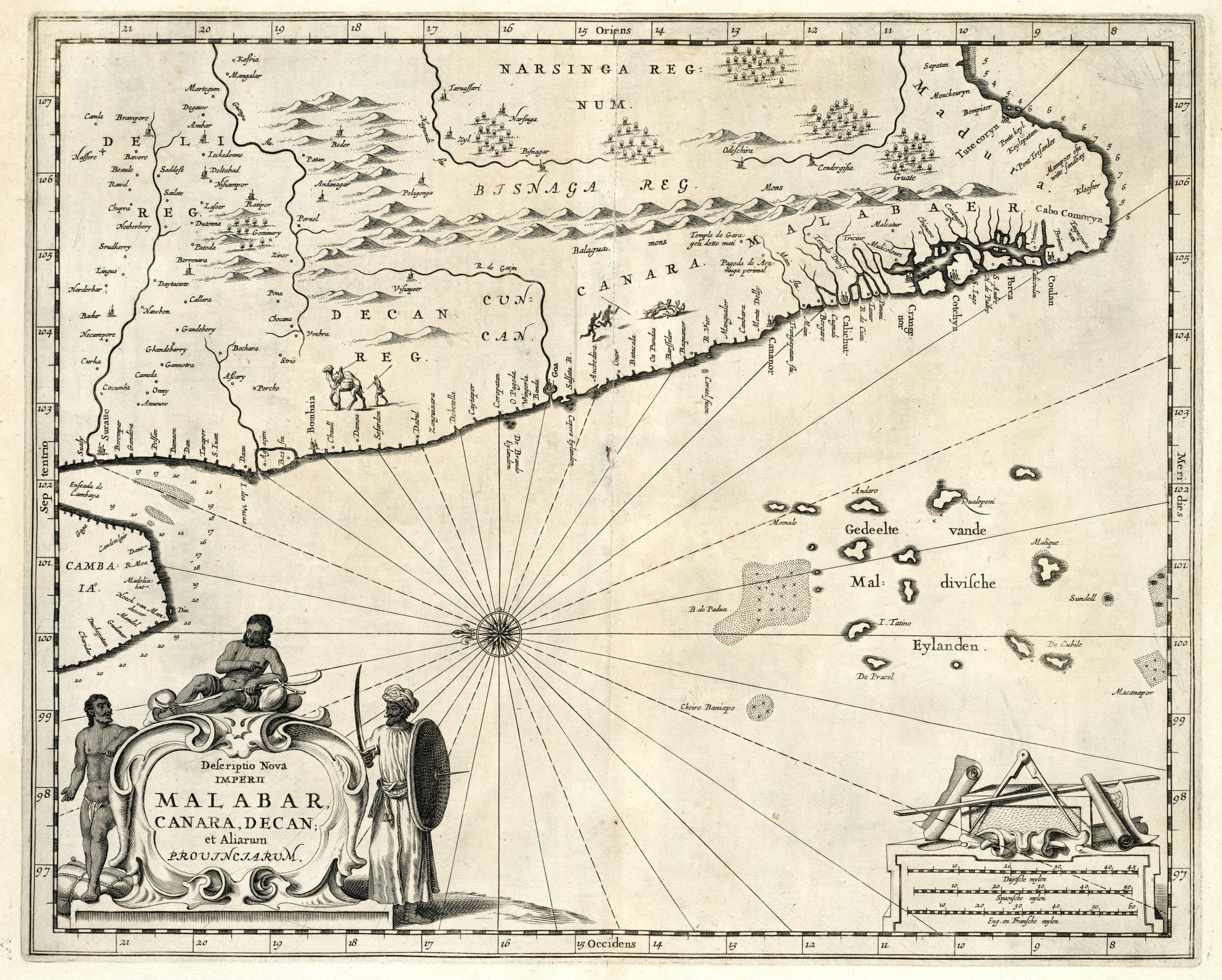|
Batman Province
Batman Province ( tr, , ku, Parêzgeha Êlihê) is a province in the Southeast Anatolia Region of Turkey. It was created in May 1990 with the Law No. 3647 taking some parts from the eastern Province of Siirt and some from the southern Province of Mardin. The province's population exceeded 500,000 in 2010. The city of Batman with 460,955 inhabitants, is the provincial capital. Its current Governor is Hulusi Şahin. The province is considered part of Turkish Kurdistan and has a Kurdish majority with a large Arab minority found in the northern parts of the province ( Sason and Kozluk) and Hasankeyf. History The Batman Province contains the strategic Tigris river with fertile lands by its sides, as well as rocky hills with numerous caves providing a natural shelter. Therefore, it was inhabited from prehistoric times, likely from the Neolithic (Paleolithic) period, according to archeological evidence. First documented evidence of settlements in the province dates back to 7th c ... [...More Info...] [...Related Items...] OR: [Wikipedia] [Google] [Baidu] |
Provinces Of Turkey
Turkey is divided into 81 provinces ( tr, il). Each province is divided into a number of districts (). Each provincial government is seated in the central district (). For non- metropolitan municipality designated provinces, the central district bears the name of the province (e.g. the city/district of Rize is the central district of Rize Province). Each province is administered by an appointed governor () from the Ministry of the Interior. List of provinces Below is a list of the 81 provinces of Turkey, sorted according to their license plate codes. Initially, the order of the codes matched the alphabetical order of the province names. After Zonguldak (code 67), the ordering is not alphabetical, but in the order of the creation of provinces, as these provinces were created more recently and thus their plate numbers were assigned after the initial set of codes had been assigned. Codes The province's ISO code suffix number, the first two digits of the vehicle reg ... [...More Info...] [...Related Items...] OR: [Wikipedia] [Google] [Baidu] |
Tigris
The Tigris () is the easternmost of the two great rivers that define Mesopotamia, the other being the Euphrates. The river flows south from the mountains of the Armenian Highlands through the Syrian and Arabian Deserts, and empties into the Persian Gulf. Geography The Tigris is 1,750 km (1,090 mi) long, rising in the Taurus Mountains of eastern Turkey about 25 km (16 mi) southeast of the city of Elazığ and about 30 km (20 mi) from the headwaters of the Euphrates. The river then flows for 400 km (250 mi) through Southeastern Turkey before becoming part of the Syria-Turkey border. This stretch of 44 km (27 mi) is the only part of the river that is located in Syria. Some of its affluences are Garzan, Anbarçayi, Batman, and the Great and the Little Zab. Close to its confluence with the Euphrates, the Tigris splits into several channels. First, the artificial Shatt al-Hayy branches off, to join the Euphrates near Nasiriya ... [...More Info...] [...Related Items...] OR: [Wikipedia] [Google] [Baidu] |
Turkish Hezbollah
Kurdish Hezbollah ( ku, Hizbullahî Kurdî) , turkishweekly.net known in Turkey as Hizbullah,Aslı Aydıntaşbaş Murder on the Bosporus ''Middle East Quarterly'', June 2000, pp. 15–22, Meforum.org. Retrieved on 2011-02-09. and known among Kurds as Sofîk is a Kurdish [...More Info...] [...Related Items...] OR: [Wikipedia] [Google] [Baidu] |
Kurdish–Turkish Conflict
Kurdish nationalist uprisings have periodically occurred in Turkey, beginning with the Turkish War of Independence and the consequent transition from the Ottoman Empire to the modern Turkish state and continuing to the present day with the current PKK–Turkey conflict. According to Ottoman military records, Kurdish rebellions have been occurring in Anatolia for over two centuries, While large tribal Kurdish revolts had shaken the Ottoman Empire during the last decades of its existence, the modern phase of the conflict is believed to have begun in 1922, with the emergence of Kurdish nationalism which occurred in parallel with the formation of the modern State of Turkey. In 1925, an uprising for an independent Kurdistan, led by Shaikh Said Piran, was quickly put down , and soon afterward, Said and 36 of his followers were executed. Other large-scale Kurdish revolts occurred in Ararat and Dersim in 1930 and 1937. The British consul at Trebizond, the diplomatic post which was cl ... [...More Info...] [...Related Items...] OR: [Wikipedia] [Google] [Baidu] |
OHAL
The OHAL region ( tr, Olağanüstü Hâl Bölge Valiliği, lit=Governorship of Region in State of Emergency) was a "super-region" created in Turkey under state of emergency legislation, as part of its approach to the Kurdish–Turkish conflict. From 1994 onwards the scope of the OHAL super-region was gradually narrowed, with provinces being downgraded to "neighbouring province" and then removed from OHAL altogether. The state of emergency was extended 46 times, for four months each time. OHAL was finally discontinued on 30 November 2002. Extension from 1987 - 1990 A new era started with the declaration of a region under emergency legislation in the provinces of Bingöl, Diyarbakır, Elazığ, Hakkari, Mardin, Siirt, Tunceli and Van and the declaration of Adıyaman, Bitlis and Muş provinces as neighbouring provinces (''Mücavir İl'') on 19 July 1987.''Yeni Şafak'', 22 November 2002'Olağanüstü hal' 30 kasımda bitiyor... accessed on 4 September 2009 The legal basis was Cabine ... [...More Info...] [...Related Items...] OR: [Wikipedia] [Google] [Baidu] |
Baghdadi Jews
The former communities of Jewish migrants and their descendants from Baghdad and elsewhere in the Middle East are traditionally called Baghdadi Jews or Iraqi Jews. They settled primarily in the ports and along the trade routes around the Indian Ocean and the South China Sea. Beginning under the Mughal Empire in the 18th century, merchant traders from Baghdad and Aleppo established originally Judeo-Arabic speaking Jewish communities in India, then in a trading network across Asia, following Mizrahi Jewish customs. These flourished under the British Empire in the 19th century, growing to be English-speaking and British oriented. These grew into a tight trading and kinship network across Asia with smaller Baghdadi communities being established beyond India in the mid-nineteenth century in Burma, Singapore, Hong Kong and Shanghai. Baghdadi trading outposts were established across colonial Asia with families settling in Malaysia, Japan, Indonesia and Australia. Until the Second ... [...More Info...] [...Related Items...] OR: [Wikipedia] [Google] [Baidu] |
Pontic Greeks
The Pontic Greeks ( pnt, Ρωμαίοι, Ρωμίοι, tr, Pontus Rumları or , el, Πόντιοι, or , , ka, პონტოელი ბერძნები, ), also Pontian Greeks or simply Pontians, are an ethnically Greek group indigenous to the region of Pontus, in northeastern Anatolia (in Turkey). Many later migrated to other parts of Eastern Anatolia, to the former Russian province of Kars Oblast in the Transcaucasus, and to Georgia in various waves between the Ottoman conquest of the Empire of Trebizond in 1461 and the Russo-Turkish War of 1828–1829. Those from southern Russia, Ukraine, and Crimea are often referred to as "Northern Pontic reeks, in contrast to those from "South Pontus", which strictly speaking is Pontus proper. Those from Georgia, northeastern Anatolia, and the former Russian Caucasus are in contemporary Greek academic circles often referred to as "Eastern Pontic reeks or as Caucasian Greeks, but also include the Turkic-speaking Ur ... [...More Info...] [...Related Items...] OR: [Wikipedia] [Google] [Baidu] |
Silk Road
The Silk Road () was a network of Eurasian trade routes active from the second century BCE until the mid-15th century. Spanning over 6,400 kilometers (4,000 miles), it played a central role in facilitating economic, cultural, political, and religious interactions between the East and West. The name "Silk Road", first coined in the late 19th century, has fallen into disuse among some modern historians in favor of Silk Routes, on the grounds that it more accurately describes the intricate web of land and sea routes connecting East and Southeast Asia, the Indian subcontinent, Central Asia, the Middle East, East Africa and Europe. The Silk Road derives its name from the highly lucrative trade of silk textiles that were produced almost exclusively in China. The network began with the Han dynasty's expansion into Central Asia around 114 BCE, which largely pacified the once untamed region. Imperial envoy Zhang Qian was commissioned to explore the unknown lands beyond the re ... [...More Info...] [...Related Items...] OR: [Wikipedia] [Google] [Baidu] |
Artuqids
The Artuqid dynasty (alternatively Artukid, Ortoqid, or Ortokid; , pl. ; ; ) was a Turkoman dynasty originated from tribe that ruled in eastern Anatolia, Northern Syria and Northern Iraq in the eleventh through thirteenth centuries. The Artuqid dynasty took its name from its founder, Artuk Bey, who was of the Döger branch of the Oghuz Turks and ruled one of the Turkmen beyliks of the Seljuk Empire. Artuk's sons and descendants ruled the three branches in the region: Sökmen's descendants ruled the region around Hasankeyf between 1102 and 1231; Ilghazi's branch ruled from Mardin and Mayyafariqin between 1106 and 1186 (until 1409 as vassals) and Aleppo from 1117–1128; and the Harput line starting in 1112 under the Sökmen branch, and was independent between 1185 and 1233. History The dynasty was founded by Artuk, son of Eksük, a general originally under Malik-Shah I and then under the Seljuk emir of Damascus, Tutush I. Tutush appointed Artuk governor of Jerusalem ... [...More Info...] [...Related Items...] OR: [Wikipedia] [Google] [Baidu] |
Great Seljuq Empire
The Great Seljuk Empire, or the Seljuk Empire was a high medieval, culturally Turko-Persian, Sunni Muslim empire, founded and ruled by the Qïnïq branch of Oghuz Turks. It spanned a total area of from Anatolia and the Levant in the west to the Hindu Kush in the east, and from Central Asia in the north to the Persian Gulf in the south. The Seljuk Empire was founded in 1037 by Tughril (990–1063) and his brother Chaghri (989–1060), both of whom co-ruled over its territories; there are indications that the Seljuk leadership otherwise functioned as a triumvirate and thus included Musa Yabghu, the uncle of the aforementioned two. From their homelands near the Aral Sea, the Seljuks advanced first into Khorasan and into the Iranian mainland, where they would become largely based as a Persianate society. They then moved west to conquer Baghdad, filling up the power vacuum that had been caused by struggles between the Arab Abbasid Caliphate and the Iranian Buyid Empire. The s ... [...More Info...] [...Related Items...] OR: [Wikipedia] [Google] [Baidu] |
Byzantine Empire
The Byzantine Empire, also referred to as the Eastern Roman Empire or Byzantium, was the continuation of the Roman Empire primarily in its eastern provinces during Late Antiquity and the Middle Ages, when its capital city was Constantinople. It survived the fragmentation and fall of the Western Roman Empire in the 5th century AD and continued to exist for an additional thousand years until the fall of Constantinople to the Ottoman Empire in 1453. During most of its existence, the empire remained the most powerful economic, cultural, and military force in Europe. The terms "Byzantine Empire" and "Eastern Roman Empire" were coined after the end of the realm; its citizens continued to refer to their empire as the Roman Empire, and to themselves as Romans—a term which Greeks continued to use for themselves into Ottoman times. Although the Roman state continued and its traditions were maintained, modern historians prefer to differentiate the Byzantine Empire from Ancient ... [...More Info...] [...Related Items...] OR: [Wikipedia] [Google] [Baidu] |




_Celebration_-_Istanbul.jpg)





